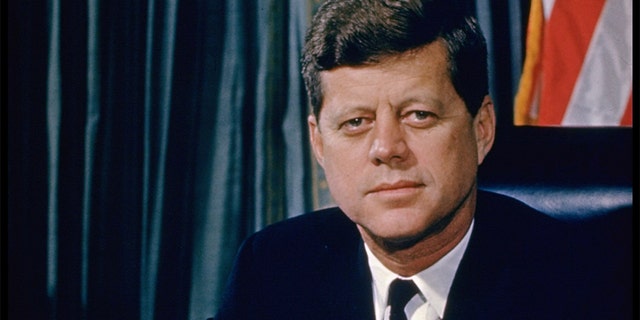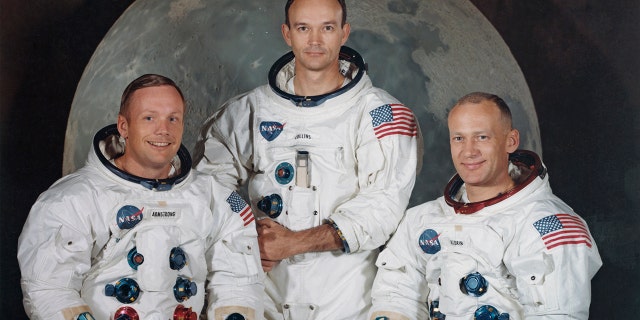PROGRAMMING ALERT: Watch author Mike Sarraille discuss this topic and more on “Fox & Friends” on Wednesday, May 24 from 6 to 9 a.m. ET
From its inception, the United States has exemplified exceptionalism, producing risk-takers, innovators, warriors, and leaders. American exceptionalism, the belief that our nation holds a unique destiny and a responsibility to guide the world, has inspired countless others. However, in recent years, American exceptionalism has waned, causing alarm for the global community as its decline could have far-reaching consequences.
Modern America faces numerous challenges, including a crisis of leadership, political polarization, economic stagnation, and a looming recession. The high standards and accountability of old, upon which this nation was built, have given way to the new era of victimhood, rewarding mediocracy, and the erosion of personal responsibility. An increased dependence on government, divisive identity politics deteriorating national unity, shared values and common purpose have us collectively staring into the abyss.
While it’s tempting to attribute our downfall to external factors like growing global competition, the reality is that our failures are self-inflicted. The foundational high standards and accountability that once defined our nation have been reframed and vilified through the lens of inclusivity and identity politics.
JFK’s Moonshot Speech: A Call To Action
On September 12, 1962, President John F. Kennedy delivered a stirring speech that would come to symbolize America’s exceptionalism and its relentless pursuit of progress. He called for the United States to commit itself to the goal of landing a man on the moon before the end of the decade. This speech was not just about the space race; it was about the character of America and its willingness to face challenges head-on.

President John F. Kennedy posing for a picture at his desk with a US flag in the backdrop. (Alfred Eisenstaedt/Pix Inc./The LIFE Picture Collection via Getty Images)
Kennedy’s moonshot speech was a ‘call to action.’ He emphasized the importance of tackling difficult tasks for the sake of learning and growth, asserting that “we choose to go to the moon in this decade and do the other things, not because they are EASY, but because they are HARD.” It was a call for Americans to return to the values of perseverance, determination, and self-reliance that had long been hallmarks of the nation’s character.

The three crew members of NASA’s Apollo 11 lunar landing mission pose for a group portrait a few weeks before the launch, May 1969. From left to right, Commander Neil Armstrong, Command Module Pilot Michael Collins and Lunar Module Pilot Edwin ‘Buzz’ Aldrin Jr. (Photo by Space Frontiers/Getty Images)
Somewhere along the way, we lost that spirit. We became too comfortable, too complacent, and too afraid of failure. We stopped taking risks and pushing ourselves to our limits. We’ve incentivized laziness and exalted a sense of victimhood.
The decline of personal responsibility and self-accountability are rapidly becoming the new American way. Messaging around us further promotes the false belief that someone having more comes at the expense of others having less. Instead of working hard and sacrificing to achieve greatness, most Americans blame others, be it people, groups, institutions, or systems for the shortcomings in their lives.
It’s not too late to reclaim it. We can start by doing hard things.
Hard things start with leadership. We can set audacious goals, like putting a man on Mars, curing cancer, eliminate the deficit through personal sacrifice. We can embrace the spirit of adventure and challenge that has always defined us as a nation. It’s not too late.
Why Do Hard Things?
The U.S. special operations community, like Army Special Forces and Navy SEALs, push candidates to their limits to not only reveal true character, but to test it, and in turn foster growth. Their mantra, “get comfortable with being uncomfortable,” warns against stagnation and decline from avoiding challenges. Contrary to popular belief, training doesn’t get easier after selection, the continuous pursuit of hard things cultivates a growth mindset.

FILE – In this May 27, 2019, a bird flies with Mount Everest seen in the background from Namche Bajar, Solukhumbu district, Nepal.
So, let’s do hard things—not just for ourselves, but for our country and the world, to achieve greatness and inspire others to do the same. Let’s do hard things because that’s what it means to be American.
Andy Stumpf is a retired Navy SEAL, host of the “Cleared Hot” podcast, former wingsuit record holder, co-founder of Legacy Expeditions and Black Rifle Coffee Company franchise owner. In 2015, he set 2 World Records after jumping from 36,500 feet and flying over 18 miles in a wingsuit to raise $1 million for the Navy SEAL Foundation. Andy can be found on Instagram: andystumpf212.


